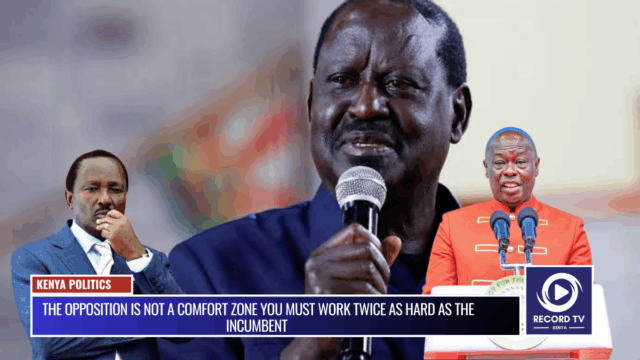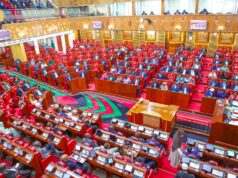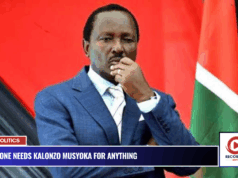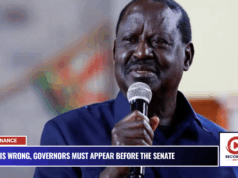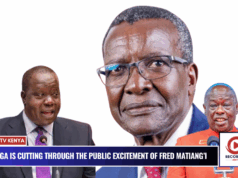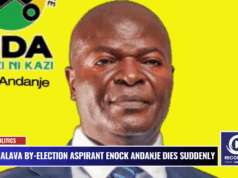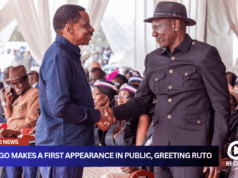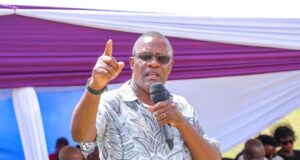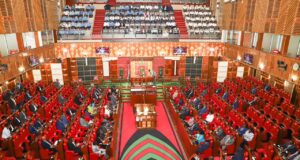In politics, the opposition is not a place to relax. It is a battlefield where survival depends on being twice as aggressive, twice as disruptive, and twice as organized as the President you are trying to unseat.
When Moi finally left power in 2002, Mwai Kibaki’s team led by Raila Odinga outworked and outenergized Uhuru Kenyatta’s KANU camp. They were hungrier, and it showed.
Uhuru learned that lesson well. In 2013, he ran a more disruptive and determined campaign than Raila Odinga, the sitting Prime Minister at the time, whose effort felt sluggish in comparison.
In 2007, Raila Odinga, riding the wave of momentum after opposing the Wako Draft, unleashed the Pentagon, a campaign machine that gave Mwai Kibaki one of the toughest political battles in Kenya’s history.
Fast forward to 2022. William Ruto had been campaigning, in one form or another, for 19 years. He built alliances in Parliament, the Executive, and across the country, often without Uhuru Kenyatta’s help.
He mastered the art of playing opposition while still Deputy President, dominating both sides of the political divide. Today, Raila Odinga has borrowed that strategy, participating in the Broad Based Government while still holding firm to opposition positions.
For Kalonzo Musyoka and Fred Matiang’i, the message is clear: unseating Ruto will take relentless effort and strategic disruption, far beyond what we have seen so far. They have one advantage, he leads an increasingly unpopular regime, especially among disaffected youth.
But Ruto is working to win them over, sending them a clear message: “As bad as I am, I am still your most dependable option.”
Here is the reality, popularity does not equal victory. Voter turnout is the make or break factor. The government knows this, which is why the Gen Z narrative of “Do not vote, will not vote, cannot vote, no IDs” is politically convenient for them. An apathetic youth vote is the incumbent’s silent ally.
Right now, the opposition’s hardest worker is not even a candidate, while the men who should be leading the charge are either perpetually in transit or focused on local politics. The lack of coordination is glaring.
And here is the paradox, the incumbent does not need to be disruptive to stay in power, he only needs to keep his coalition intact.
Yet William Ruto is not only holding it together, he is also disruptive, persuasive, cunning, and deeply entrenched. Removing him will require the opposition to fight on every front, every day, with double the energy.
If they cannot outwork him, they will not outlast him.


